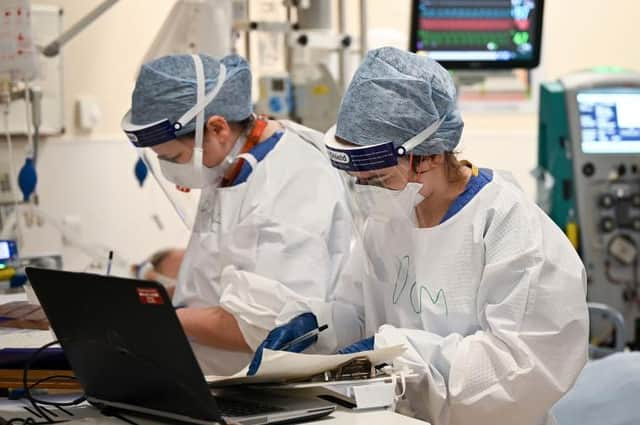Is big data good for your health? - Harry Burns


NHS Digital, which provides IT and data support for the NHS in England calls this project the General Practice Data for Planning and Research data collection. The information will be used to make health services more effective in preventing the spread of infectious diseases, helping with research, monitoring the long-term safety and effectiveness of treatments and the care it provides. Data from medical records of any living patient, including children, and any data about patients who died after the collection began will be collected. This will include information on any diagnoses, symptoms, test results and medications prescribed as well as information on physical, mental and sexual health. In addition, patients’ gender, ethnicity and sexual orientation will be part of the database.
What will not be included will be patient names and addresses. However, the data will not be completely anonymised. It will be “pseudonymised”. Codes will be generated to replace names. The holder of those codes will, with a valid and legal reason, be able to identify individuals. Patients can give consent for their data to be shared if, for example, they participate in a clinical trial. However, individuals will be able to opt out of having any of their data included in the database. Citizens can opt out of having their data shared outside their GP practice or, indeed any data held on them by the NHS for reasons other than their individual care.
Advertisement
Hide AdAdvertisement
Hide AdClearly, some people will be anxious about this data sharing and may want to opt out. However, there are potential benefits to the individual as well as the population at large from this approach. Just this week, the European Heart Journal published a study which showed the benefits to individuals from analysis of large collections of data. The study examined risk of heart attacks and sudden death in over 300,000 people over the age of 70 in several different countries. The information they collected included age, smoking status, diabetes, blood pressure, and levels of different forms of cholesterol. This data allowed the researchers to develop a scoring system for risk of heart problems in these elderly people.
This approach allows identification of those at risk of serious heart problems and sudden death. Doctor and patient then discuss and share decisions about actions and treatments that might reduce risk. Potentially, analysis of health data at such a large scale can prolong healthy life in people through identification of risk factors which allow effective treatment.
This data sharing proposal is proposed by NHS England and is not, so far as I am aware, proposed for the rest of the UK. Should Scotland consider it? Some fear that data will be sold on to third parties with a purely commercial interest in it. The NHS Digital website assures us that this isn’t the case.
The suggestion that contracts for services during the pandemic were placed inappropriately by the UK government will probably heighten anxieties about such data sharing. However, the benefits seem to me to be significant. Would I give consent for sharing my data? So long as the law on data sharing is observed, I would.
Sir Harry Burns is a professor at Strathclyde University and a former Chief Medical Officer for Scotland
Comments
Want to join the conversation? Please or to comment on this article.